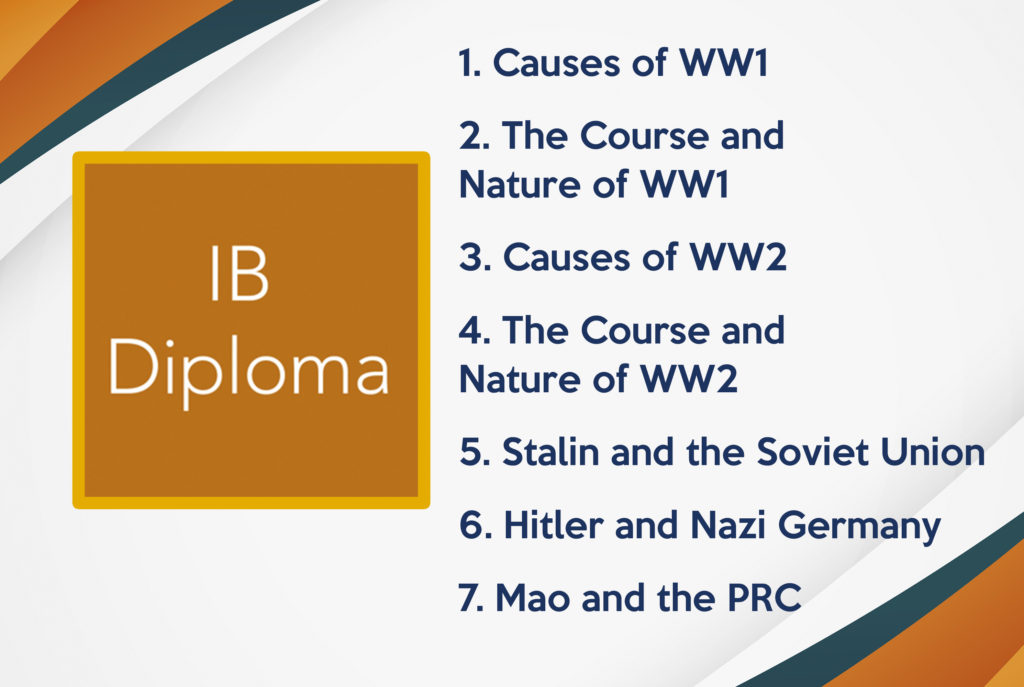Fear: the psychology behind the decisions made in the July Crisis
I hope the “working backwards” piece gave you food for thought. But an explanation as to why the assassination of Archduke Ferdinand resulted in a general war in 1914 also lies in 1914 and the state of mind of the key decision- makers, notably Kaiser Wilhelm, Emperor Joseph and Tsar Nicholas, in the aftermath of his assassination. Psychology is a discipline in its own right, one I know very little about, so I tread warily. However, we know that hopes and fears are great motivating forces and in July, 1914, fear certainly played a part in the decisions made by the key decision-makers.
Beneath the bravado, there was a pessimistic undercurrent. Every nation had something to fear about the future. Emperor Joseph didn’t actually like Archduke Ferdinand and didn’t mourn his death. But he was an Emperor and his Austro-Hungarian Empire, while benefiting from the decline of the Ottoman Empire, feared above all else, its own decline and its status as a great power. It was, of course being an empire, multi-national by nature and had to resist nationalism. More than anything else it feared a strengthening Serbia because it would never be satisfied until it had incorporated all Slavs (and there were millions in the Austro-Hungarian Empire) into a Greater Serbia. This was the running sore that had to be lanced. Franz Ferdinand’s death had given those who sort it, the best excuse they would ever have to take on Serbia, which was assumed to be behind the assassination, and rid the Austro-Hungarian Empire of a niggling threat once and for all, in the process bringing the empire’s Slavs under control and confirming Austria-Hungary’s dominance in the Balkans.
As for Russia, it had domestic problems, notably the increasingly louder calls for constitutional reform which would weaken Tsarist rule. This had followed military defeat in the Russo-Japanese War which had showed a lack of leadership and triggered the revolution of 1905. Such debacles left the Tsar unable, or at least unwilling, to meekly accept another setback in the Balkans. But Russia’s status as a great power was also at stake. It had been defeated in the Crimean War, defeated in the Russo-Japanese War. If Tsarism couldn’t protect its Slav brothers, could it be seen as a great power any longer?
Then we come to Germany. There was a strong feeling amongst the German political and military establishment that Germany would one day soon have to fight for its very survival. The Kaiser’s failed policy of Weltpolitik had left it, if not surrounded by hostile powers, then at least surrounded by suspicious neighbours. With the Archduke’s assassination, the German’s were as concerned as the Austrian’s themselves that failure to respond decisively would see their only firm ally relegated from the top table of great powers, changing the whole balance of power in the process. Historically, anti-Slav, they were also concerned that Russia’s military power was only likely to grow, to a point where it might strike first. And so they did in fact see themselves encircled by hostile powers, powers that were strengthening their ties just as Germany’s allies (we might include Italy here) seemed either weak or unreliable, or even both.
So, we have three nations with a collective psychological fear amongst their decision-makers and at the heart of their decision-making processes, in their autocratic leaders. France, meanwhile, was painfully aware of the power of its German neighbor: militarily, economically and with a population fast outgrowing that of France. It may have dearly wanted the return of Alsace-Lorraine, but it wouldn’t fight for it; it knew it wouldn’t win, unless it fought in a general war with allies. But the entente was a defensive alliance, only triggered if one country was attacked. That is why France avoided any declaration of war with Germany. It even shied away from mobilising its troops for as long as possible. Germany had to be seen to be the aggressor.
As for Britain, it had been made aware of the German threat by the Naval Race and by the two Moroccan crises. Britain’s concern was its empire more than Europe, and a German navy that rivalled its own in strength could be a threat to its empire. But if the balance of power in Europe was tilted in Germany’s favour, and if Germany was to take control of the North Sea’s southern shorelines, specifically the Belgian shoreline and that of northern France, then that too would constitute a threat to Britain.
Now we come to arguably the key decision-makers in the July Crisis: the military leaders.
The key factor to be considered here is that of mobilisation. Mobilisation required incredibly detailed planning and this is where the general staff really came into its own. Men had to gather in their units and those units transported on the right train to the right location their weapons, ammunition and food supplies likewise. This included cavalry which meant, of course, their horses had to be transported too. It also include artillery. It was a huge undertaking.
Such detail tended to make the plans inflexible. To change them at the last minute could risk disaster, increasing the pressure on the decision-makers to defer to the advice from the military. Indeed, when Wilhelm asked Motke if Germany’s two-front plan could be changed to attack Russia only, he was given a firm “no”.
The upshot was that the plans also dictated a need for speedy decisions. A country simply couldn’t allow itself to fall behind in the race to get to the battlefield, or else their war could be over before it had properly begun. It was like a gun fight in a Western, speed to the draw was a life-and-death issue. The military leaders of all the three continental Great Powers all urged their respective decision-makers to decide quickly. For Conrad, the Austro-Hungarian chief of general staff, the issue was getting to Galicia on the border with Russia before the Russians were in position to swamp them. For both Moltke and Joffre, the German and French chiefs of general staff, the cost in lives and territories that delay might bring, was too frightening to contemplate. And for the German general staff, it was felt to be crucial that German troops be in a position to march through Belgium (and Luxembourg) before war was declared. This would only lead them to add extra pressure on the decision-makers to mobilise.
What is more, if one country mobilized, its enemy could not do anything but respond. On the conclusion of their military alliance in 1892, General Charles Boisdeffre, the chief of the French general staff, told the then Tsar, Alexander III, ‘The mobilization is the declaration of war. To mobilise is to oblige one’s neighbor to do the same. If your neighbor mobilises a million men on your frontier and you do nothing you are like the man who, with a pistol in his pocket, should let a neighbour put a pistol to his forehead without drawing his own.’ Alexander could only agree, ‘That is exactly the way I understand it,’ he replied. 1
They didn’t cause the war, but they did add to the fear and the tension and they did, or seemed to at the time, reduce the options for the political decision-makers.
So, you have the psychology of the July Crisis (and the period leading up to it), a psychology largely based on fear.
1 Quoted in Jack Beatty, The Lost History of 1914, p. 59





